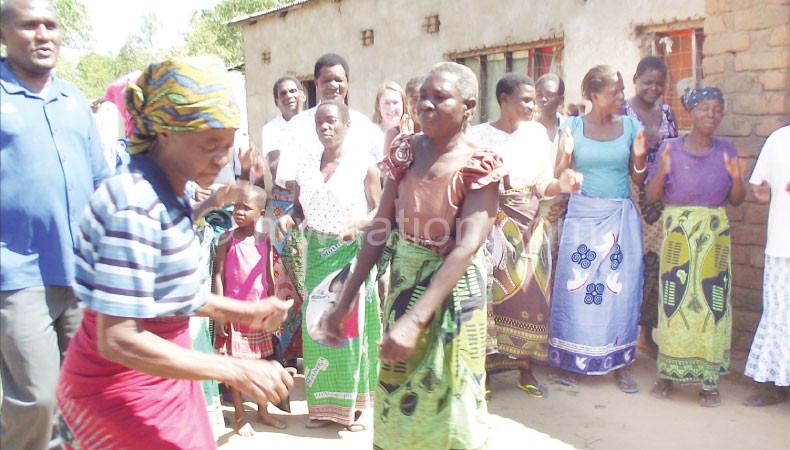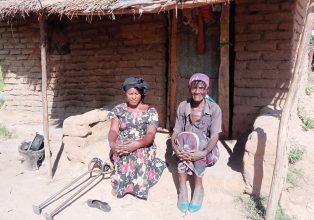Winning HIV, Aids battle with positive living

Sereniya Mikana, 38, of Pangiriyasi Village, Traditional Authority (T/A) Lundu in Chikwawa did not believe one could live a productive life after testing HIV positive. She almost collapsed after she tested HIV positive.
“I came to know of HIV and Aids in 2002,” she says: “That was after a neighbour had died of an Aids-related disease. Her relatives went to herbalists we trust here and hospitals, but none could save her life.”
Mikana recalls that this was the first case of death resulting from Aids that was openly discussed in the community. She says because the deceased battled several opportunistic diseases, it created fear among people in the village. She also noted the discrimination and stigma that the patient and others that came after her experienced.
Unfortunately, Mikana’s fate was not far off. In 2003, a doctor recommended an HIV test as part of a check-up for her poor health.
Mikana says when the doctor told her that the results were, she just wanted to die.
“If I had died then, my two children would have been motherless beggars. I am glad I am still here for them,” she says.
Today, she is a proud independent woman and an example to the community, thanks to the Hunger Project Malawi HIV and Aids initiative which supports people living with HIV and Aids (PLWHA) to be independent and live positively.
According to Henry Chungu, monitoring and evaluation programme officer for the initiative, the programme is running in four of the organisation’s eight epicenters, spread across Malawi.
“Our organisation looks at people’s social needs and when we identified a need to empower PLWHA in Nchalo in Chikwawa, Champiti in Ntcheu, Jali and Nsondole in Zomba. I am happy that through the support groups, the people’s lives are changing,” says Chungu.
He says the organisation plans to reach other areas.
“What we do is to create a platform and transfer the responsibility to the beneficiaries in the long run,” he says.
Mikana is among the founders of Ambuye Tiyang’anireni Support Group which has 25 members.
Eliza Godiya, a member, says through the group, they have sensitised the community that being HIV positive is not the end of life.
To ensure the members eat a six course meal to support the antiretroviral therapy (ART) as recommended by World Health Organisation (WHO), the group came up with a microfinancing initiative which gives small loans for businesses.
The members, most of whom have lived with the virus for years, have left no stone unturned to graduate from poverty and dependency through small businesses. Presenting their testimonies to visitors from The Hunger Project Australia who toured Nchalo epicentre recently, most of the members said they have built modern houses which have electricity, and household property such as fridges and television sets.
“HIV and Aids was a private issue, but now we are able to talk about it. The support groups have transformed people’s lives and this has attracted new members. We urge the groups to reach more people with positive stories,” said Mackenzie Nkalapa, programmes manager for the organisation.
Through the group, Nkalapa says they easily link the members to other organisations that support PLWHA so that they can access additional support.
WHO encourages countries to empower PLWHA to be independent, have access to ART and live a positive life supported by better nutrition.
However, access to good diet is a challenge to many PLWHA, hence projects such as the one run by the Hunger Project are making a big difference..
Pioneer of Ambuye Tiyang’anireni Support Group, Christina Nyaluso says their group works as a team and when one falls ill, they assist through collecting ARVS or taking the patient to the hospital. Even when one cannot pay back the loan, she says they contribute to settle the balance and help the member recover it later.
“We meet once a week and discuss issues such as how to prepare a balanced diet and to live positively. We encourage each other to exercise and most of us are strong that one can hardly believe we are HIV-positive,” she says.




